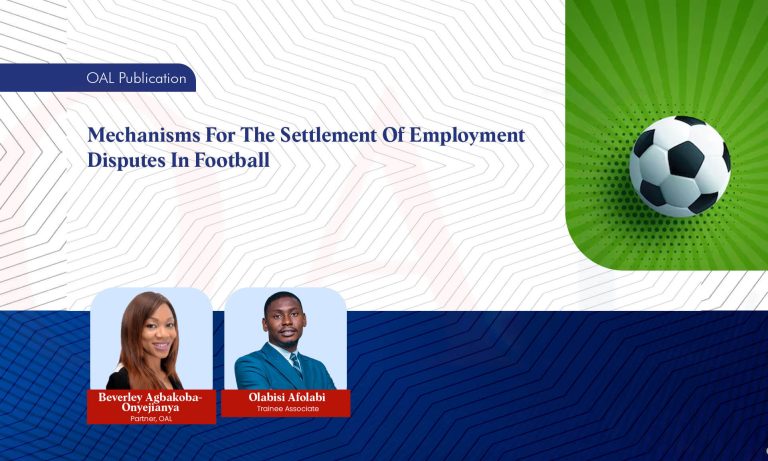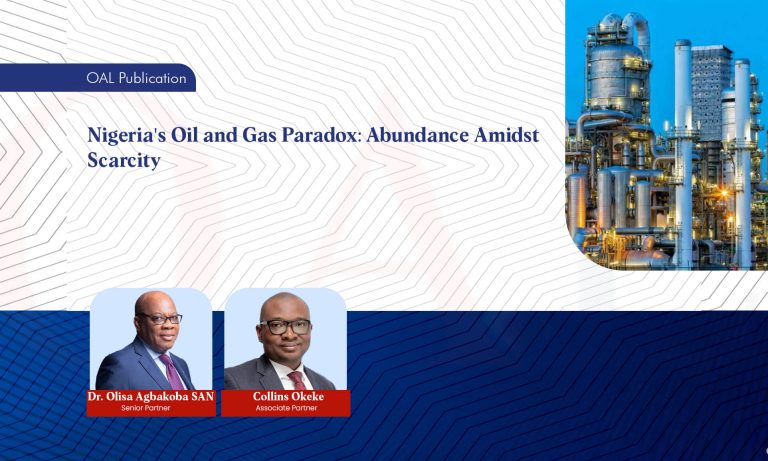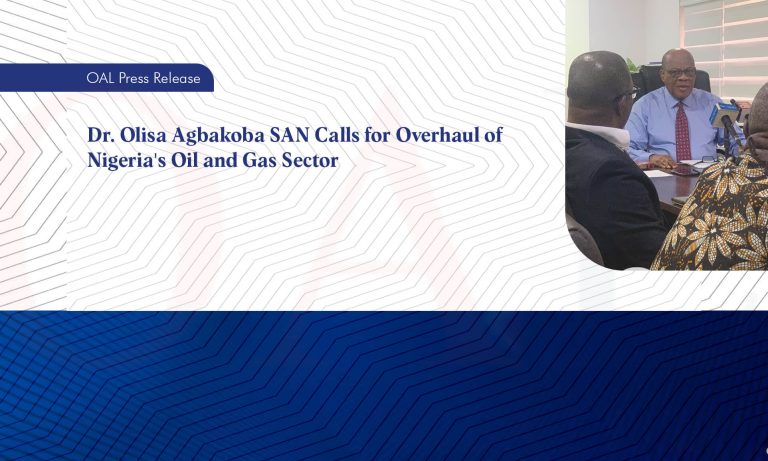
From Tik Tok to Trial: Decoding Defamation And Cyberstalking in the Social Media Era

With the increased access to social media and the internet as a whole, has come a new set of offences like cyberstalking, identity theft, cyberbullying, hacking etc. One of the legal challenges is distinguishing between defamation and cyberstalking, two distinct offences often confused by the public. While both offences involve harmful online behaviour, regulated under different laws and carry distinct implications. On Wednesday, August 2, 2023, the Federal High Court sitting in Lagos sentenced one Okoye Blessing Nwakaego, a TikToker to three (3) years imprisonment or a fine of one hundred and fifty thousand naira only (N150,000.00) for cyberstalking one Nollywood actress Eniola Badmus through social media. This led to an uninformed uproar on the alleged abuse of power and illegality of the sentence by those who misconstrued the case as defamation. The Judgement of the Federal High Court emphasizes the need to guarantee online safety and hold internet users accountable for their speech and interactions on the internet. This article seeks to shed light on the differences between defamation and cyberstalking, with a focus on Nigeria’s Cybercrimes (Prohibition, Prevention etc.) Act of 2015 (the Act).
CYBERCRIMES (PROHIBITION, PREVENTION ETC) ACT 2015
The Cybercrimes Act of 2015, was introduced to provide a legal framework for dealing with various forms of cybercrimes, including cyberstalking. The Act recognizes the severity of cyberstalking and other cyber offences, providing a comprehensive guideline for law enforcement agencies to investigate and prosecute such cases.
Section 24 of the Cybercrimes Act specifically addressed cyberstalking. It defines cyberstalking as the use of electronic communication to persistently harass, threaten, or intimidate someone. The Act also outlines penalties for those found guilty of cyberstalking, which include imprisonment for up to three years and fines of not more than seven million, depending on the severity of the offence.
SUMMARY OF THE CASE
In the aforementioned case, the Defendant cyberstalked Eniola Badmus by repeatedly posting offensive and defamatory content and spreading false information about her on various social media platforms. Eniola Badmus took legal steps and a two-count charge was proffered against the Defendant and one other person (now at large) under sections 24 and 27 of Nigeria’s Cybercrimes (Prohibition, Prevention, ETC) Act, 2015 for cyberstalking. The Defendant pleaded guilty to the charges and was sentenced to three (3) years imprisonment or an option of N150,000.00 (One Hundred and Fifty Thousand naira) fine. The judgement sparked a lot of interest. On one hand, many commended the justice system as it has strongly passed a message to combat the pervasive issue of online harassment and intimidation and ensure online safety for users. On another hand, it raised many questions on the distinction between defamation and cyberstalking particularly for non-lawyers who did not read the charge. It is crucial to recognize that being charged under the Cybercrimes Act for cyberstalking is not the same as being sued for defamation.
CLARIFYING MISCONCEPTIONS
The confusion between defamation and cyberstalking often stems from a lack of understanding of the legal definitions and implications of each offence. While defamation focuses on false statements that harm reputation, cyberstalking centres on a pattern of intimidating or harassing behaviour that causes emotional distress or fear.
-
LEGAL IMPLICATIONS
Defamation is the act of making false statements that harm the reputation of an individual or entity. These statements can be either spoken (slander) or written (libel), and they must fulfil specific criteria to warrant legal action like causing public contempt, scorn, humiliation and or shame, character/reputation assassination in the minds of right-thinking persons or affecting the goodwill of the persons spoken about in their trades, businesses, livelihoods, or professions. The Nigerian legal system, recognizing the seriousness of damaging one’s reputation, addresses defamation as a tort actionable per se.
On the other hand, cyberstalking extends beyond harming one’s reputation. It involves a series of intentional and hostile online behaviours aimed at intimidating, harassing, or causing emotional distress to an individual. Cyberbullying may manifest in various forms, such as persistent online threats, sharing private information without consent, or engaging in online hate campaigns. Nigeria’s Cybercrimes Act 2015 acknowledges the severity of cyberstalking, emphasizing the need to address this misconduct in the digital age.
-
REQUIRED INGREDIENTS
Cyberstalking is repeated and intentional harassment, mistreatment, or making fun of people through digital devices. It requires an electronic communication, direct or indirect, causing or is likely to cause harm to another individual’s health or well-being where the person responsible for the communication maliciously intends to cause harm.
Defamation, on the other hand, requires the intention of the bully to impute the victim. The action must damage the victim’s reputation or cause him to be insulted or hated. This action can occur physically and online. Importantly, it does not have to be a recurring action; an intentional impute on others to a third-party once can be considered defamation. Simply put, the Claimant must prove that the matter complained of is defamatory, refers to him or her and was published to a third person.
-
PENALTY
Once a case of defamation (libel) has been established the victim is entitled to general damages as compensation for the loss of his reputation and emotional distress. In addition, section 375 of the criminal code states that “any person who publishes any defamatory matter is guilty of a misdemeanour and is liable to imprisonment for one year.” In addition, “any person who publishes any defamatory matter knowing it to be false is liable to imprisonment for two years.
On the other hand, penalties for cyberstalking include imprisonment for up to three years and fines of not more than seven million, depending on the severity of the offence. The Act even goes further in Section 24(2) to prescribe penalties of 10 years and/or a minimum fine of N25,000,000.00 for cyberbullying, online harassment and threats.
FREEDOM OF EXPRESSION
Interestingly, many Nigerians and some legal practitioners have argued that an aspect of section 24 of the Cybercrime (Prohibition, Prevention etc.) infringes on the freedom of expression and that sending multiple emails or messages is not capable of placing the recipient in fear. The Court of Appeal in Okedara v. A.G. Federation (2019)LCN/12768(CA) held that the provisions of section 24(1) of the Cybercrime Act, 2015 are not in conflict with the provisions of sections 36(12) and 39 of the Constitution. Bear in mind that the right to the freedom of expression being an essential human right for promoting democratic governance is not an absolute right.
CONCLUSION
In an age where online communication shapes much of our social interactions, the law must evolve to address new forms of misconduct. Nigeria’s Cybercrimes Act of 2015 serves as a vital tool in combating cyberstalking and related offences, ensuring that individuals are protected from persistent harassment and threats online. To navigate the digital realm responsibly, individuals must recognize the disparities between defamation and cyberbullying. It is crucial to exercise caution in online interactions, refrain from sharing false information that could harm someone’s reputation and avoid hostile behaviours that may cause emotional harm. By clarifying these misconceptions, we can foster a safer and more informed online environment for all.
References
- “Defamation and The Law in Nigeria” by Ebunoluwa Bayode-Ojo and Beverley Agbakoba
- “Court’s Judgment on TikToker Cyberstalking Case against Eniola Badmus: A Step Towards Ensuring Online Safety” by Etabor Agbor Agwu
- “Defamation Under Nigerian Law – What You Need To Know” by Emmanuel Ifeanyi Ogbuka
- Cybercrimes (Prohibition, Prevention, Etc) Act, 2015
Authors




